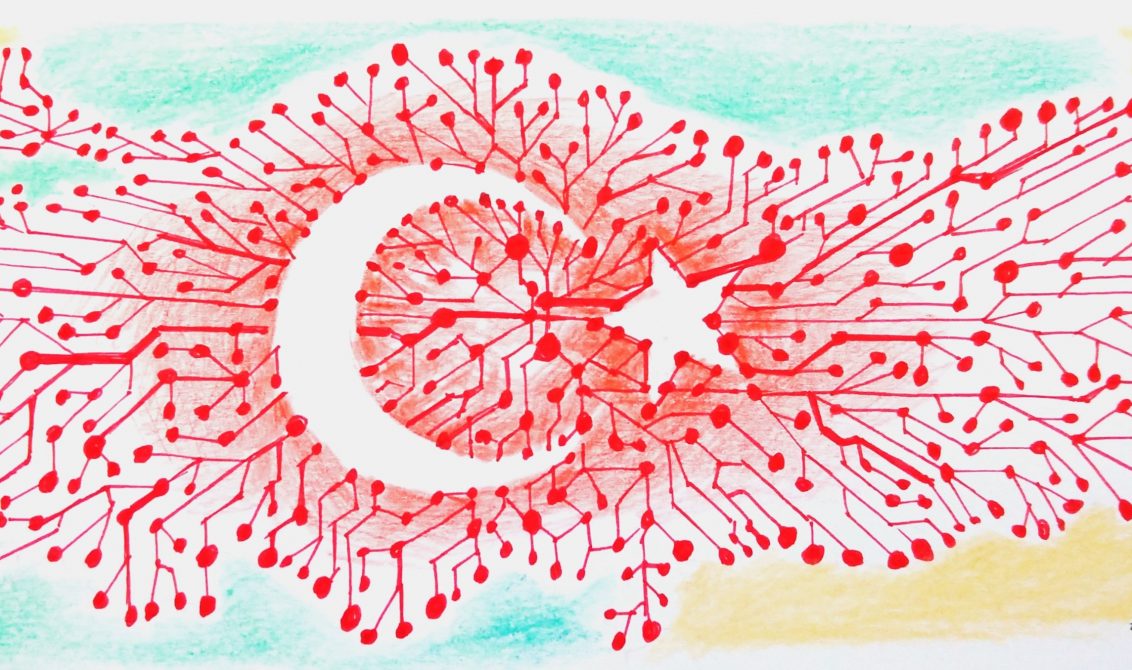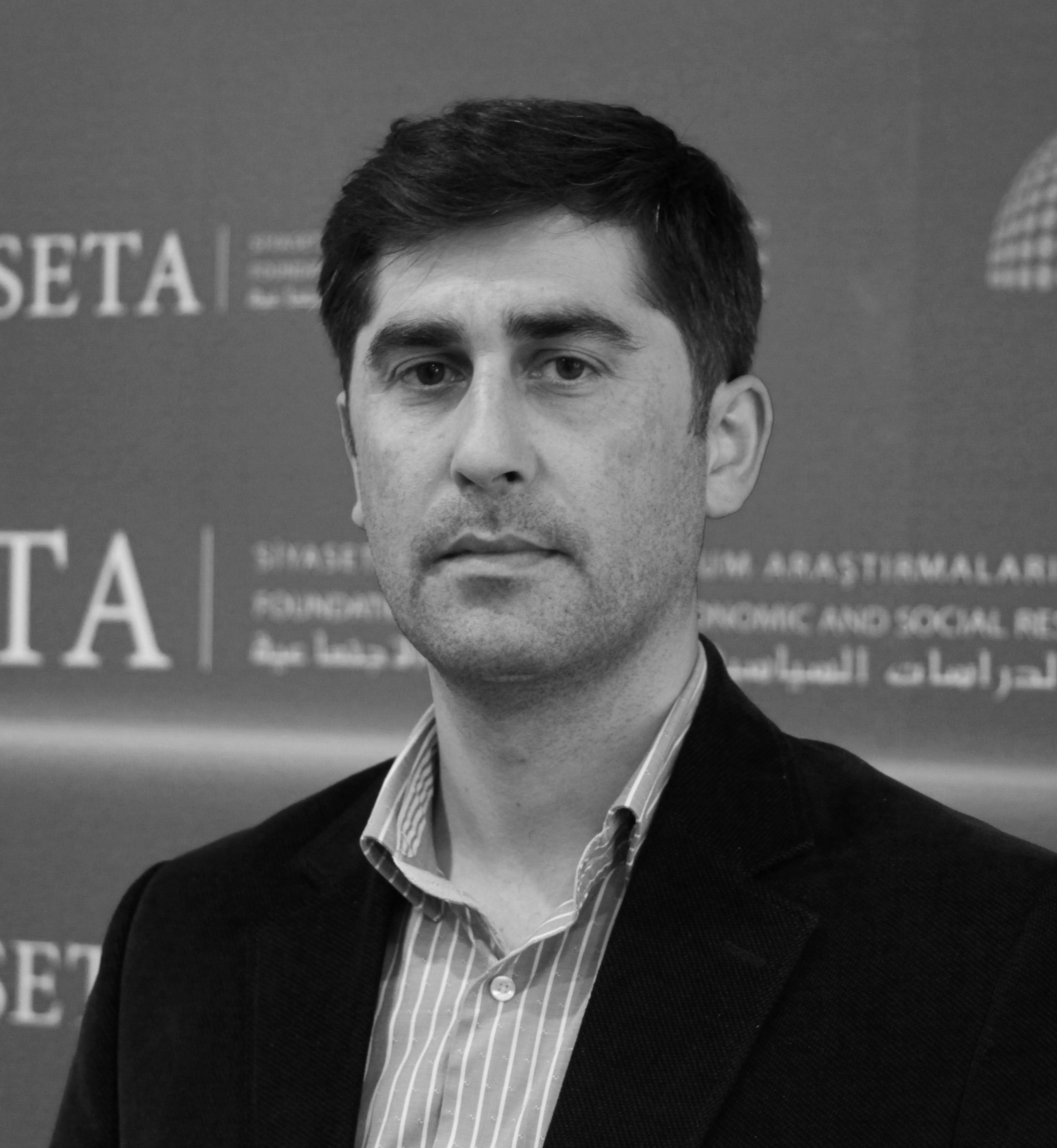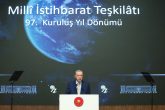Celebrating its 97th anniversary, the National Intelligence Organization (MIT) has become one of the most prominent institutions in Türkiye’s rising power profile and deepening international geopolitical portfolio. Especially since 2010, there has been a significant change and transformation in Türkiye’s intelligence doctrine and practices. With the outbreak of the Arab Spring, the comprehensive transformation in Türkiye’s security and strategic environment and the newly emerging threat environment necessitated Türkiye to undergo a holistic strategic transformation. In particular, the challenges posed by the Syrian civil war made it imperative for Türkiye to develop state capabilities in critical areas. The proliferation and diversification of asymmetric threats, the rise of terrorism as one of the primary threats to Türkiye’s security, and the transformation of the region into a center of intelligence wars prompted Türkiye to adopt a new military and intelligence policy. President Recep Tayyip Erdoğan’s revolutionary steps in foreign and security policies and the defense industry were taken in the field of intelligence, and Türkiye identified its strategic priorities and developed its intelligence capabilities and capacities accordingly.
In foreign policy, Türkiye has shifted from a passive follower to an active practitioner of diplomacy. In the military sphere, President Erdoğan took revolutionary steps to democratize and increase the effectiveness of civil-military relations, pioneering the implementation of an effective and highly deterrent military strategy that overcomes threats to Türkiye. In the field of defense industry, which is one of the important elements of military deterrence, Türkiye has prioritized national projects to reduce external dependence and to create a self-sufficient defense ecosystem. The steps taken in the field of intelligence have also been revolutionary and have emerged as an integral element of Türkiye’s increasing strategic capabilities.
Intelligence reform
The reform process of Turkish intelligence in recent years, led by Hakan Fidan, has several critical dimensions. The first of these was the redefinition of the objectives and strategic aims of intelligence. The MIT, which historically focused on domestic terrorism and security threats to the regime, has primarily concentrated on foreign intelligence and expanded its capabilities in this area. Priority was given to minimizing threats at the source by increasing MIT’s human resources in critical issues and regions in Türkiye’s security environment. In this sense, there was an expansion in the human intelligence network. The second dimension was the creation of a new architecture for the Turkish intelligence ecosystem to act with an integrated and holistic strategy. In this context, the areas of responsibility between intelligence agencies were redefined and intelligence integration was completed. Thus, it became possible to take a holistic intelligence picture. Within the scope of the reforms, MIT was affiliated with the Presidency with the new government system, which minimized administrative problems.
The third important point is the enhancement of MIT’s technological capability. In addition to technical intelligence competence, the acquisition of both information and operational superiority in the face of the terrorist threat that Türkiye faces has led to effective results in the fight against terrorism. Especially in the fight against Daesh, the PKK and its Syrian wing YPG, MIT’s increased drone capability provided a strategic advantage and weakened terrorism in Türkiye. The fourth important transformation was MIT’s function in paving the way for foreign policy. At this point, intelligence diplomacy played a critical role.
Turkish intelligence in a period of uncertainty
At a time when the international system is undergoing a comprehensive transformation, great power competition is deepening, and the risk of a global conflict is increasing every day, intelligence is becoming a much more important strategic capability. Having a strategic intelligence capability that can not only combat hybrid and asymmetric threats and ensure information superiority but also predict the future stands out as an extremely critical capability. To protect Türkiye’s national, regional and global interests and to consolidate Türkiye’s position as a global actor, Türkiye needs to further develop its existing intelligence capability. Therefore, it is very important to understand MIT’s intelligence doctrine to understand how the international system will undergo a transformation and to be prepared for it.
Behind the geopolitical tensions between the West and the non-Western world is the fact that they have not yet come up with a vision of order on which they can agree. This uncertainty in the international system leads to the diversification of hybrid and asymmetric threats and the emergence of a global crisis of legitimacy. Considering that the crises in Ukraine and Gaza have deepened the crisis of global governance, the most fundamental problem of the international system is the failure to build a new, just and rules-based international system. The fact that Turkish intelligence emphasizes the crisis of international legitimacy to such an extent is important in many respects and should be taken into consideration. This is because the consolidation of an international system that is not based on rules may lead to the deepening of non-traditional security problems that the world faces and the emergence of an anarchic world. Such an environment also increases the challenges faced by intelligence services.
Drawing particular attention to Israel’s war campaign in Gaza, Kalın gives a very important reference on the issue of order without rules. “The principle formulated by Imam Ghazali a thousand years ago is still valid today: Everything that exceeds its limit changes into its opposite. Every power, actor and policy that violates the rights of others by exceeding its natural limits is preparing its own end.” While this approach may be difficult for Western states and Israelis to understand, it is clear that the only way to avoid a future dominated by extremism is to build a new rules-based international system. In this respect, it is important that Türkiye’s approach to U.N. reform is shared by the intelligence community.
Turkish intelligence doctrine
Global risks and threats reinforce the fragile, uncertain and insecure nature of the current international system. To protect Türkiye’s sovereignty and independence in an era of multidimensional threats and global vulnerabilities, two elements are at the center of Turkish intelligence’s doctrinal understanding. These are self-sufficiency and deterrence. According to Kalın, the principle of self-sufficiency is a matter of national security and survival in areas of strategic importance. In this sense, intelligence cannot be considered separately from Türkiye’s strategic capabilities. Kalın’s holistic understanding of security is very important at this point because the world can no longer be read in a way that military security alone is sufficient. In this sense, in addition to defense, offensive, technical intelligence and industrial technologies, MIT needs to improve its intelligence capabilities and maximize its strategic intelligence capacity in key areas such as cyber security, climate change-based threats, biological security, energy security, food security and economic security.
Another important point underlined by Kalın is that Türkiye should also improve its deterrent capability in the field of intelligence. At this point, the goal of understanding and preventing threats before they emerge underlines again that MIT is one of the most important institutions in terms of Türkiye’s strategic capabilities. According to Kalın, “real power is the power you do not have to use, and the most embodied form of this is deterrence capability.”
Increasing tensions and disagreements between states cause intelligence organizations to become more prominent in diplomacy. Examples such as Syria, Iraq, Libya and Karabakh have shown the importance of intelligence diplomacy for Türkiye. In this sense, intelligence diplomacy stands out as an important pillar of the Turkish intelligence doctrine. The intelligence diplomacy, which was frequently observed during Fidan’s tenure as the head of MIT, will continue to increase under Kalın. According to Kalın, “Asymmetric and hybrid threats, multi-layered relationship networks and new alliance structures make intelligence diplomacy more critical. In this fragile environment of uncertainty, intelligence agencies must act by deepening their process analyses while reading the big picture correctly.”
In a period of increasing global risks and uncertainties, the functions and roles performed by intelligence must be multi-layered to both neutralize current threats and prepare for the future. The future of the Middle East after the ongoing war in Gaza, the risk of conflict arising from the U.S.-China rivalry, and destructive technological revolutions show that Türkiye’s intelligence capability is as important as military deterrence and effective diplomacy.



